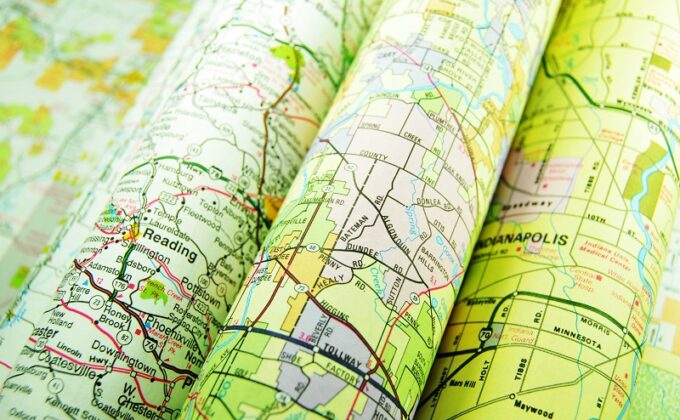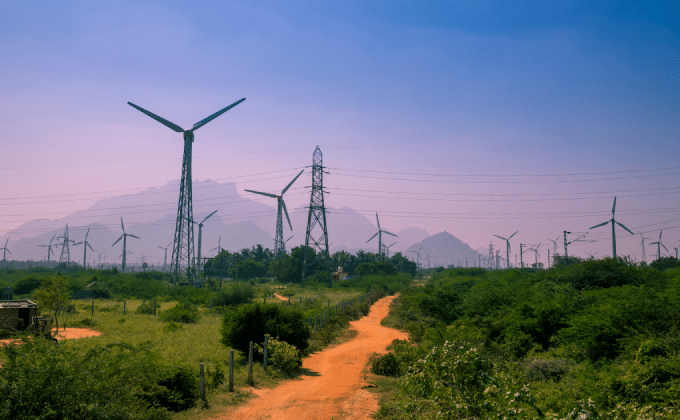Filter >>
Content Filter:

Electrification of the transportation sector (cars, trucks, buses, taxis, ports, etc.) provides an opportunity for states to save citizens money, increase local jobs and business, address national security concerns, improve public health and combat climate change. Real-world experience and studies… View Summary +



India’s wholesale electricity markets are on a path toward key market design reforms with the Central Electricity Regulatory Commission (CERC) proposing the framework and draft amendments for a real-time market. These reforms have the potential to substantially… View Summary +

The Federal Energy Regulatory Commission’s (FERC) oversight of wholesale energy market services and transmission operations presents the agency with significant opportunities to institute policies that can accelerate the decarbonization of our electric services sector. This article (subscription or purchase required)… View Summary +
A decarbonized energy sector’s many benefits include lower prices, grid resiliency and cleaner energy. However, in order to attain this goal, regulators will need to actively engage in regulatory reforms that align utilities’ actions with the public good. Tools that… View Summary +
As weather-dependent renewables increase, energy revenues in the wholesale market diminish, even as the need for dispatchable resources remains. Such resources are otherwise compensated by forward capacity markets, but those markets are poorly matched to customers’ real needs and the… View Summary +
Significantly reducing building sector greenhouse gas emissions is necessary to meet state and local climate stabilization goals. Initiatives to decarbonize home and building energy use are enabled by a new generation of advanced air source heat pumps (ASHPs) that provide… View Summary +
Reductions in the carbon intensity of electricity generation, coupled with technological improvements in the end uses that it can power, have created opportunities for the electrification of large segments of the economy. As the largest source of greenhouse gas (GHG)… View Summary +
